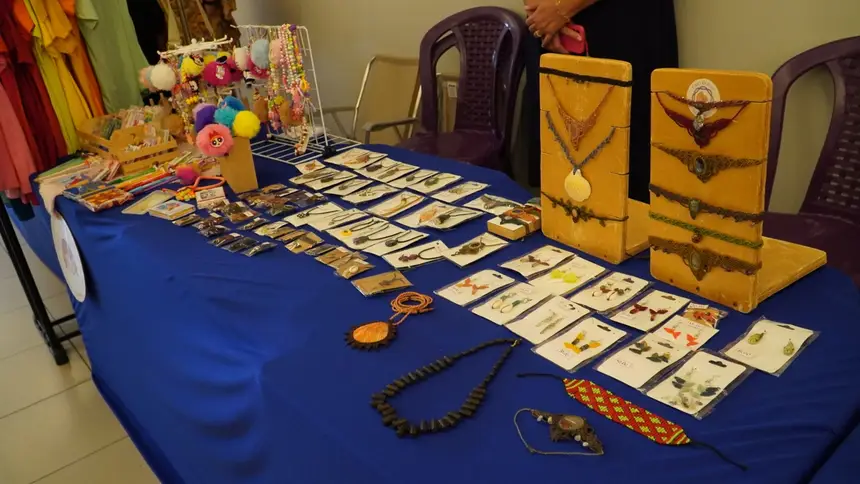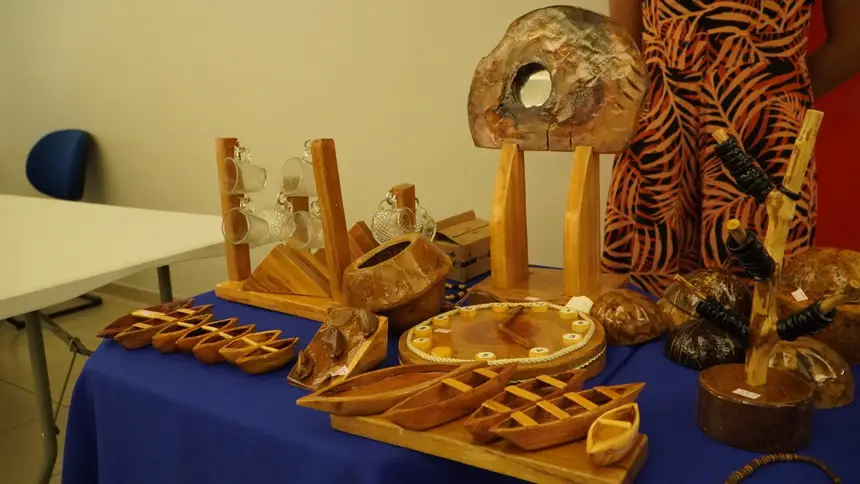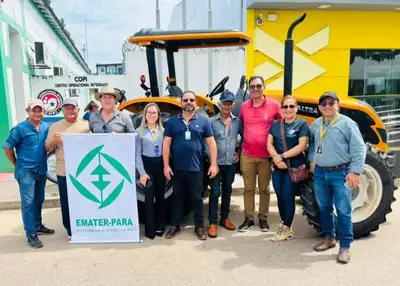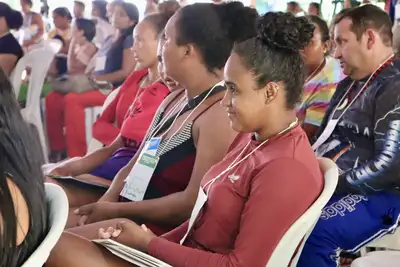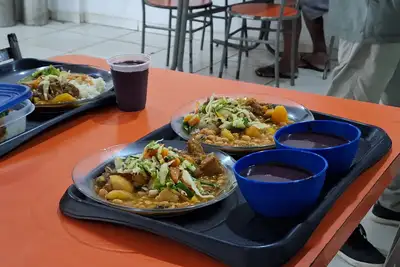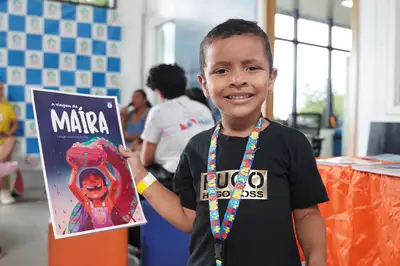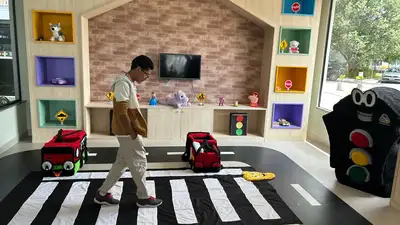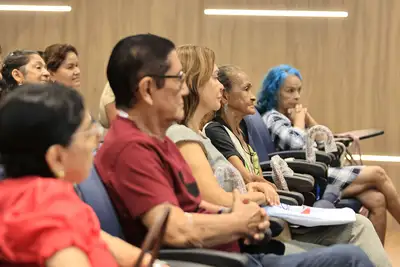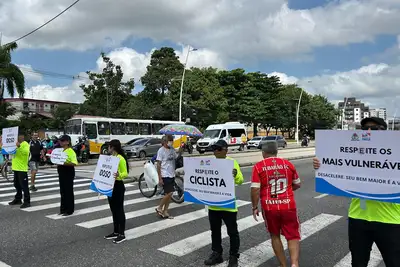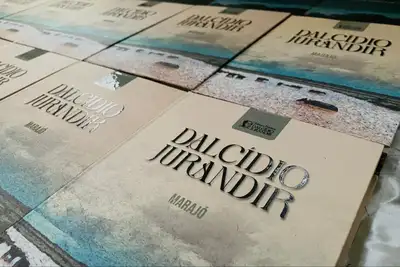Black and Quilombola Entrepreneurs Bring Culture and Identity to the 5th State Conference on the Promotion of Racial Equality
The fair, within the State Conference, values traditional knowledge and transforms entrepreneurship into a space of resistance and visibility
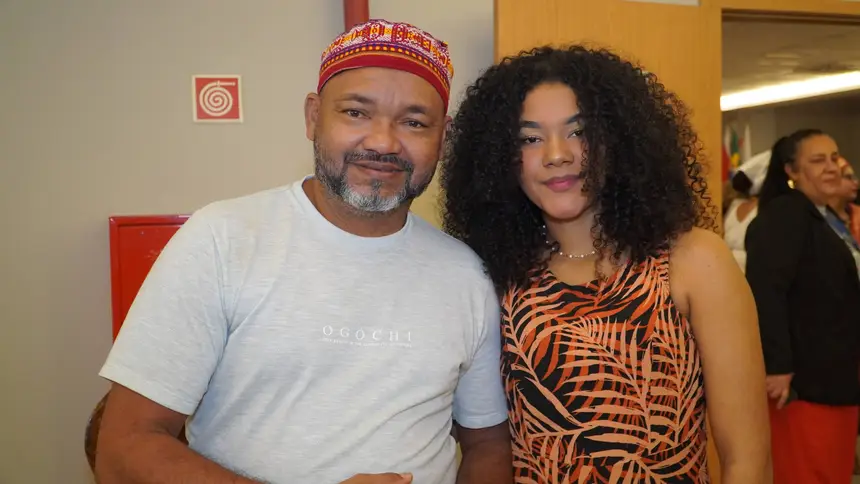
The fair of black and quilombola entrepreneurs present at the 5th State Conference on the Promotion of Racial Equality, promoted by the Government of Pará, through the State Secretariat for Racial Equality and Human Rights (Seirdh), has attracted public attention by bringing together products that carry history, ancestry, and resistance.
Handicrafts, crochet, Afro fashion, bio-jewelry, and typical foods make up the diversity of products on display. For the entrepreneurs, participating in the conference is more than just a sales opportunity; it is also a space for visibility and recognition.
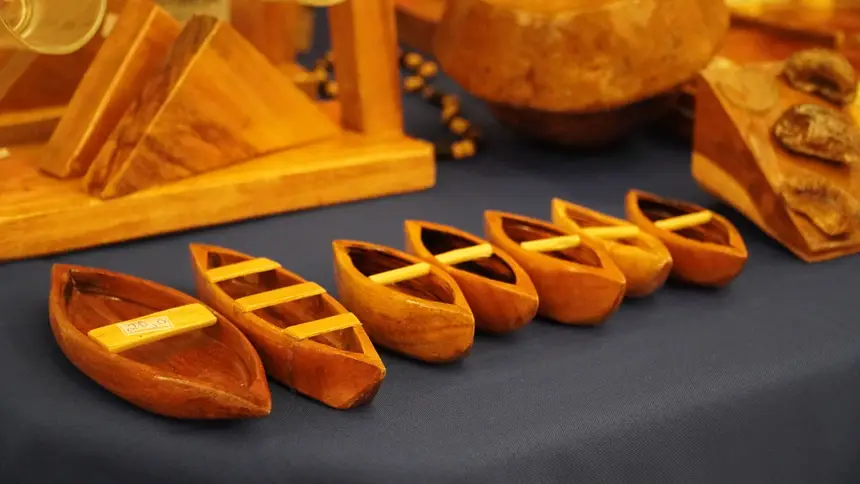
The presence of the fair of black and quilombola entrepreneurs during the state conference reinforces the commitment to value the cultural and economic diversity of traditional peoples. Beyond commerce, it transforms into a space for dialogue, knowledge exchange, and network strengthening.
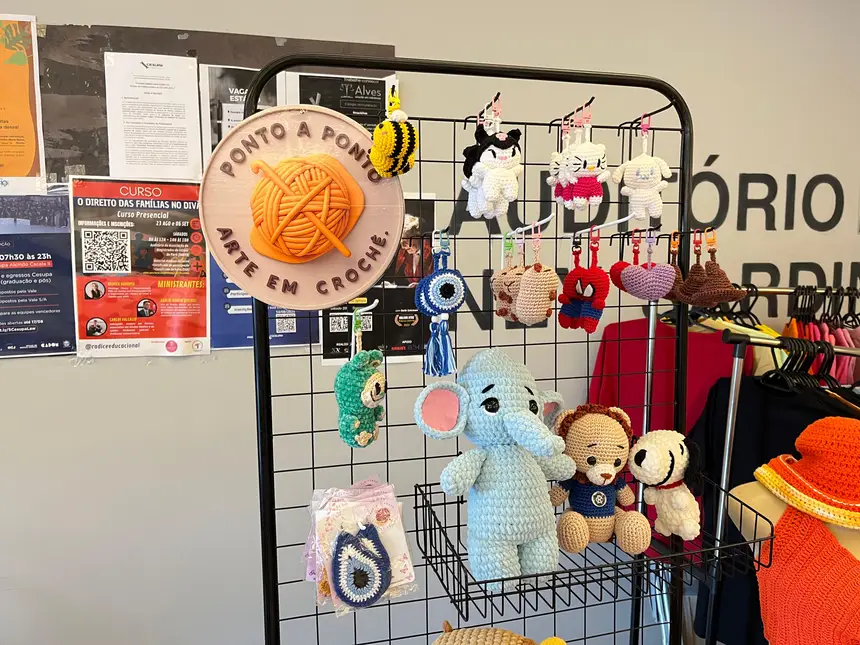
Opportunity - Craftsman Manoel Luz, from the community of Aurora do Pará, states that being present at the state conference is a way to showcase a slice of each community. “We brought some crafts produced by the community. They all translate our culture. They are boats, canoes, and other utensils. We bring them as miniatures precisely to show the daily use of the community,” he stated.
According to the craftsman, the products are made from natural materials with the aim of being reusable. “We take leftover wood and chestnut hedgehogs, for example, and we do not waste them in the territory. We work to ensure sustainability and turn them into reusable materials like basketry utensils. It is a way to keep our people's tradition alive, in addition to generating income,” he explained.
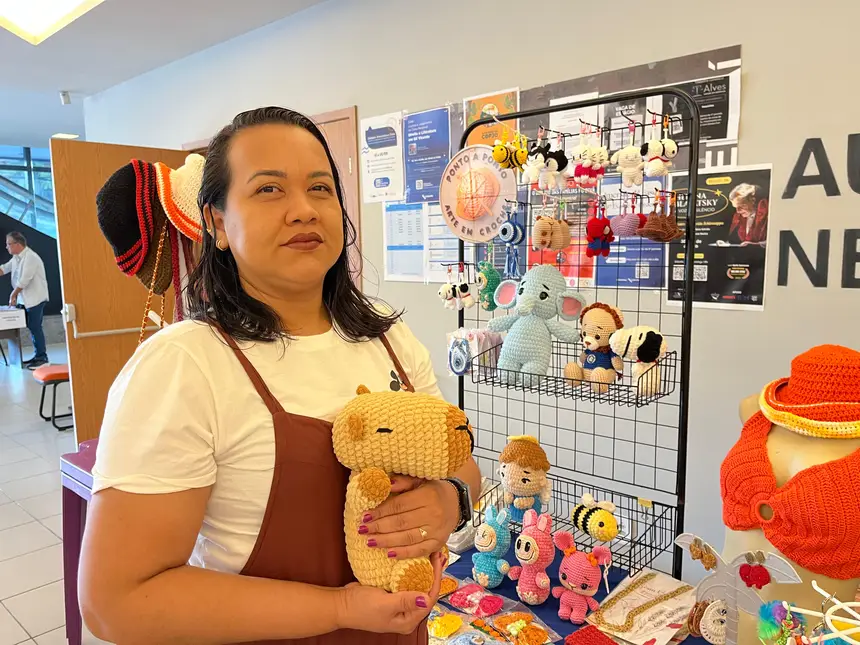
Therapy - Nursing technician Maressa Assunção found in crochet the ideal therapy to overcome anxiety crises, especially during and after the COVID-19 pandemic. Since January, she has dedicated herself solely to crochet and brought keychains, bags, and various items to the fair. “Besides selling, we gained customers because we handed out our business cards. So, it’s a very good space for promotion,” she said.
According to the entrepreneur, sales have already exceeded expectations. “I have already managed to sell many products. Besides the participants of the state conference, the students from Cesupa also come by and show interest in my art,” she commented.
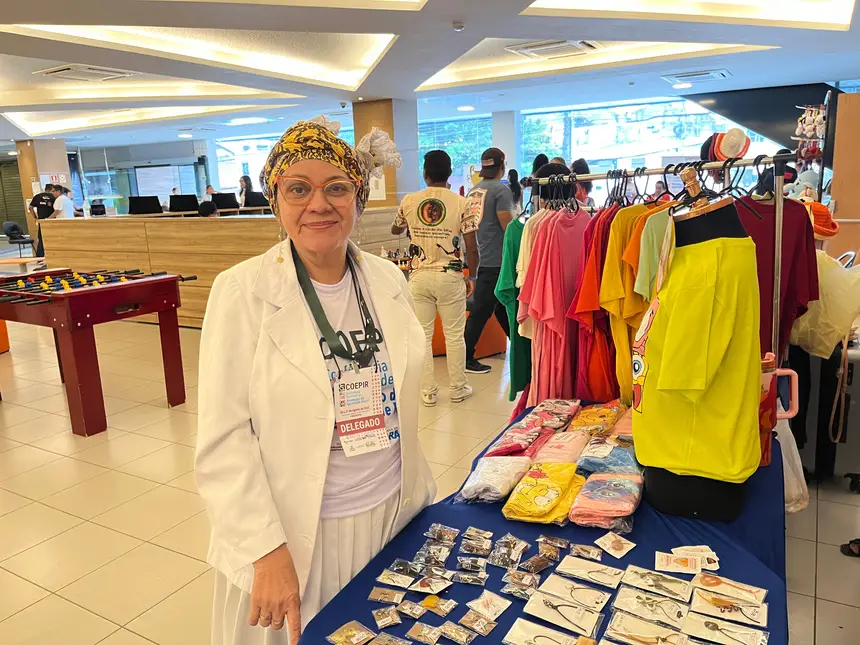
Representativity - Amid the debates and proposals for public policies, Silvina Macêdo, a member of the State Council for the Promotion of Racial Equality (CONEPPIR), took the opportunity to do her shopping at the fair and praised the space. “It is important to have this space that gives visibility to social movements to bring their art, the black fashion, the garments, everything that refers to our population. This conquered space also promotes a solidarity economy that we strongly advocate,” she evaluated.
State Conference - The State Conference continues this Thursday, 21, at Cesupa - Campus Alcindo Cacela II, with the holding of Working Groups (GTs), voting on public policy proposals, and the election of delegates who will represent Pará at the national stage scheduled to take place in September in Brasília (DF).


